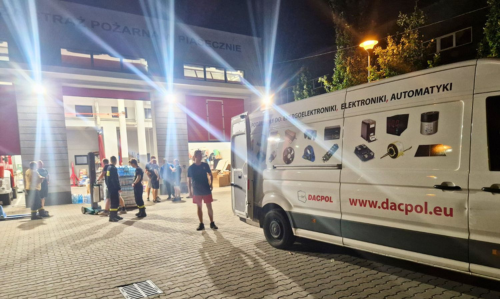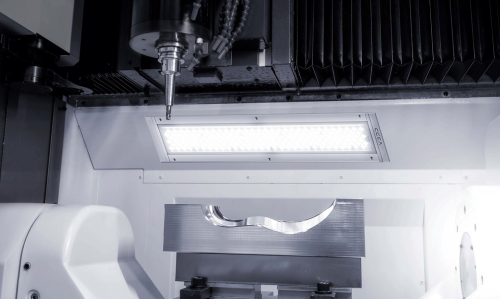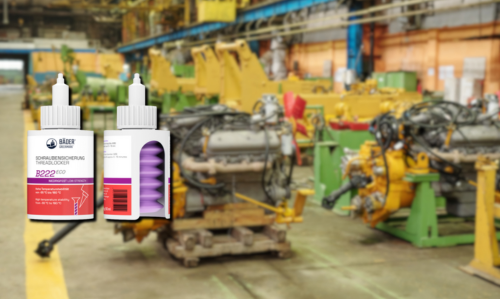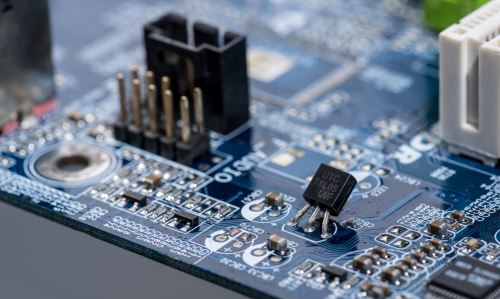Strefa Aktywności Góra Kalwaria prowadzi fundację “Edukacja Sportowa”, której celem jest pomoc dzieciom i młodzieży w rozwoju ich sportowych i naukowych pasji, poprzez wspieranie działalności edukacyjnej, kulturalnej oraz społecznej w rozwoju ich sportowych i naukowych pasji.
Latest posts
-
Diamenty Forbesa 2024 dla DACPOL!Read more
Miło nam poinformować, że DACPOL Sp. z o.o. po raz kolejny znalazł się w zestawieniu najbardziej dynamicznie rozwijających się firm w Polsce, tym razem w kategorii firm średnich z przychodem ze sprzedaży powyżej 250 mln zł.
-
DACPOL w Rankingu „Gazele Biznesu” 2024!Read more
Mamy zaszczyt poinformować, że firma DACPOL Sp.z o.o. po raz kolejny została nagrodzona tytułem laureata prestiżowego rankingu Gazele Biznesu. Wyróżnienie to przysługuje przedsiębiorstwom, które dzięki wyjątkowo dynamicznemu rozwojowi doskonale radzą sobie na rynku. Nie zwalniamy tempa i działamy prężnie dalej!
-
Wsparliśmy akcję Szlachetna Paczka!Read more
W tym roku wzięliśmy udział w 23 edycji Szlachetnej Paczki. Bardzo cieszymy się, że mogliśmy wesprzeć najbardziej potrzebujących w tym trudnym okresie!
-
Wsparcie powodzianRead more
W ubiegłym tygodniu nasz bus dostarczył dary do Czechowic-Dziedzic. Woda, żywność i inne artykuły pierwszej potrzeby, zebrane zostały w wewnętrznej zbiórce w firmie DACPOL i DACPOL SERVICE. Transport został dopełniony darami od mieszkańców gminy Piaseczno, które odebraliśmy od OSP Piaseczno.
-
Mecz charytatywny "Charity Cup"Read more
Mieliśmy ogromną przyjemność wzięcia udziału jako Partner w meczu charytatywnym #CharityCup. Z zaciekawieniem obserwowaliśmy jak członkowie drużyn zostawiają serce na boisku, a to wszystko w szczytnym celu! Była nim zbiórka funduszy na integracyjne centrum diagnostyki medycznej, w którym poza profilaktyką zdrowotną udzielane będzie wsparcie psychologiczne. Za to przedsięwzięcie odpowiada #FundacjaJesteśmyBlisko
-
Finał XXI edycji Nagrody Gospodarczej Prezydenta RPRead more
Z radością informujemy, że na Zamku w Łańcucie odbyła się Gala XXI edycji Nagrody Gospodarczej Prezydenta Rzeczypospolitej Polskiej. To prestiżowe wydarzenie ma na celu wsparcie i wyróżnienie najlepszych polskich przedsiębiorców, którzy swoją działalnością przyczyniają się do rozwoju naszego kraju.
-
How to Choose the Right Industrial Lighting?Read more
The article discusses key aspects of industrial lighting, including selecting appropriate fixtures for various working conditions, the use of LED technology, lighting management systems, and the impact of standards and certifications on installation quality. It also addresses challenges related to lighting in extreme temperatures and the specific requirements of different industries, such as food, chemical, or pharmaceutical sectors.
-
A New Standard in Solar System Optimization with GaN TechnologyRead more
Efficient Power Conversion Corporation (EPC), a leader in gallium nitride (GaN) transistor technology, has introduced an innovative reference design – the EPC9178. This groundbreaking product redefines standards in solar system optimization, offering exceptional energy efficiency, reliability, and cost reduction.
-
Anaerobic Adhesives and Their ApplicationsRead more
This article discusses the development and future of anaerobic adhesives, which play a key role in industry by ensuring the reliability and durability of threaded connections. It covers various aspects of their application in industries such as automotive, aerospace, chemical, and rail. Additionally, the article analyzes the growing demand for innovative solutions that meet the industry's needs for enhanced strength and resistance of anaerobic adhesives.
-
Top 5 Applications of Anaerobic Adhesives in IndustryRead more
Discover five applications of anaerobic adhesives in industry and their benefits for securing and sealing components. Learn how these adhesives are used in automotive, energy, medical, chemical, and machinery sectors, ensuring durability, resistance to extreme conditions, and reliability.
-
How to Choose Thread Locking Products?Read more
The article discusses how to choose the appropriate thread locking products, including anaerobic adhesives, spring washers, and tapes. The tips cover factors that influence the choice, as well as practical application advice.
-
What Are Anaerobic Adhesives?Read more
Learn about anaerobic adhesives, how they work, and the benefits they offer in challenging environments. Explore their applications in high-temperature, vibration, and pressure conditions, and discover how they contribute to the durability of threaded connections. Understand their diverse uses across industries like automotive, food production, and pharmaceuticals.
-
Why is thread locking important?Read more
Thread locking is an important element in ensuring the durability of connections. In this article, we define threads, discuss the problems resulting from improper thread locking, and highlight the benefits of using specialized products such as anaerobic adhesives and thread sealants. You will find practical advice on selecting the right products for different applications and challenging conditions, as well as examples from the automotive, aerospace, and energy industries. The article...
-
Vector Analysis of Circuits: The Key to Precise Electronics Design and DiagnosticsRead more
Vector analysis of circuits is an advanced method used in electronics to evaluate electrical circuits, particularly in the context of alternating current (AC) signals. By representing signals and impedances as vectors in the complex plane, it allows for precise visualization and analysis of their behavior as a function of frequency.
-
Reasons why every photography company should invest in a NANUK caseRead more
Learn why NANUK cases are the perfect solution for professional photographers. Offering durability, waterproofing, transport comfort, and protection from extreme conditions. Invest in equipment that ensures the safety of your photographic gear.
-
Part Two: Examples of Nanuk Case Applications in Various IndustriesRead more
Discover how Nanuk cases perform in the technology, music, travel, and scientific industries. Learn which models offer the best protection for equipment in challenging conditions, and what accessories are worth adding to enhance their functionality. Practical tips and applications in various fields!
-
Examples of Using Nanuk Cases in Different IndustriesRead more
Discover the applications of Nanuk cases across various industries – from photography and IT to medicine and tourism. Learn how to choose the best model to ensure your equipment is protected in challenging conditions and find out which accessories can increase their functionality. A practical guide with answers to frequently asked questions!





















